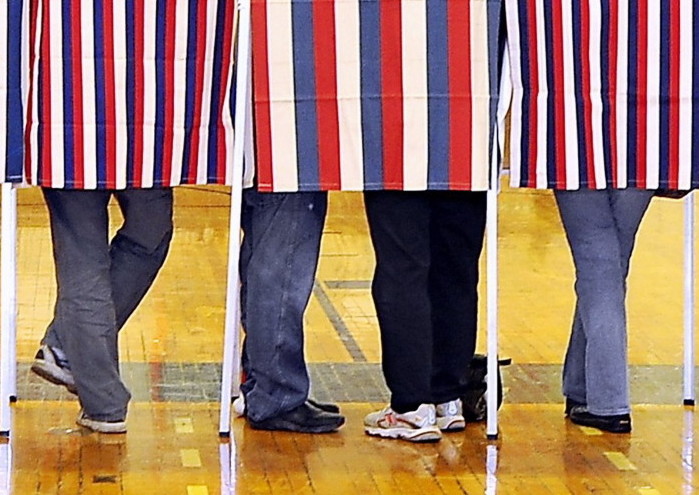The fundraising organizations called leadership PACs are among the most troubling ways that money can leak into Maine politics.
Ostensibly created to fund races for posts such as speaker of the House or Senate president in which only other lawmakers can vote, the law allows leaders or aspiring leaders to raise unlimited amounts of money outside normal campaign finance limits, building the kind of relationships with special interest donors that those limits are intended to curb.
The practice has been a glaring hole in the Maine Clean Election Act process because it allow a candidate who has qualified for public funding to continue to raise money privately. But this is not just a problem for Clean Election candidates. Privately financed candidates can also become beholden to special interests that support their race for leadership.
A number of bills this year seek to close this loophole, although not all of them do everything necessary to close the loophole all the way.
BEST BILL
We support the version sponsored by Rep. Justin Chenette, D-Saco, which would end the practice of raising money for leadership elections across the board, not just for publicly financed candidates. Anything less would maintain special interests’ hold on the most influential posts in the Legislature.
In 2012, research by Maine Citizens for Clean Elections found that 152 donors were responsible for 73 percent of the donations to PACs. The unlimited donations came from individuals and industries that have a direct interest in pending legislation. Creating a less transparent route for money to get into the process is dangerous.
Created by voter referendum, the Maine Clean Election Act has played a significant role in the ways that legislative races are run in the state. But in recent years, a series of Supreme Court decisions has damaged the act’s ability to limit the influence of big money.
In one set of rulings, the court permitted unlimited spending in races by independent organizations, which don’t have to identify their donors. In another ruling, the court ended in states like Maine the practice of “matching funds,” which automatically increased the amount of money given to a publicly financed candidate when a privately funded opponent outspent him.
The rulings have permitted corporations and unions to deluge Maine with campaign spending, most used to pay for misleading and negative advertising.
TOO RISKY
They also made it more riskly for candidates to choose the publicly funded route, fearing that they could not afford to respond to an opponent’s charges, giving the public the impression that the charges are true.
The idea behind Clean Election was that every flesh-and-blood citizen should have the same ability to influence government as a powerful corporate citizen. We support efforts to modernize the Clean Election Act, which is the subject of a referendum that has received enough signitures to be submitted to the Legislature. The Legislature has three options: It can pass it, create a competing measure or send it to the voters. Lawmakers should do the third and let the voters, who created the Clean Election system, decide whether they still support it.
But the Legislature still has work to do. This should be the year that it finally closes the leadership PAC loophole, once and for all.
Send questions/comments to the editors.



Success. Please wait for the page to reload. If the page does not reload within 5 seconds, please refresh the page.
Enter your email and password to access comments.
Hi, to comment on stories you must . This profile is in addition to your subscription and website login.
Already have a commenting profile? .
Invalid username/password.
Please check your email to confirm and complete your registration.
Only subscribers are eligible to post comments. Please subscribe or login first for digital access. Here’s why.
Use the form below to reset your password. When you've submitted your account email, we will send an email with a reset code.